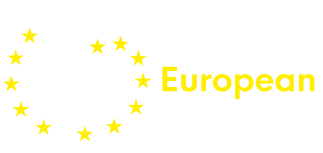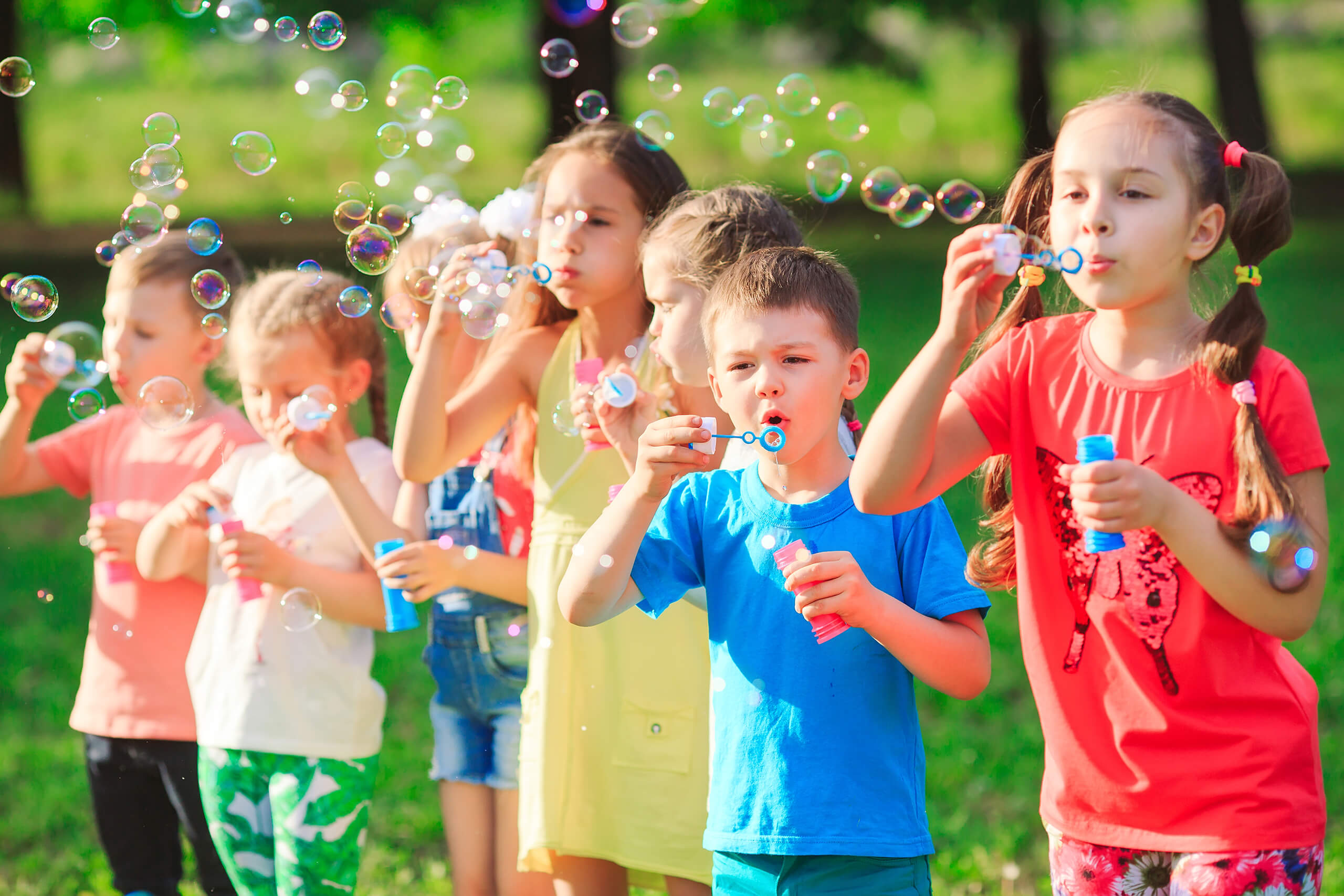The European Children’s Capital
The European Children’s Capital
What should a city do to contest for European Children’s Capital?
What should a city do to contest for European Children’s Capital?
Each contestant should answer three questions:
- What has your town already done for children in the areas of education and culture, urban development or sports?
- Why should exactly your town become European Children’s Capital?
- Which activities could be carried out in your town if it becomes European Children’s Capital?
Basically, European Children’s Capitals must offer evidence for taking children seriously. That children are listened to, when it comes to equal opportunities and growing up healthily without violence, access to education and a voice in urban development. Being European Children’s Capital would mean being an example for one year. Being a place where the real world of children can be presented and verified by indicators.
The applicant cities should be given the task of bringing the children of the EU member states closer to each other, and hereby contributing to a better understanding among the Europeans. Additionally, a European Children’s Capital must be a field for experimentation. A market place full of opportunities, streets full of magic, houses full of surprises and parks full of (his)stories.
What does organizing a European Children’s Capital mean, who are the participants?
What does organizing a European Children’s Capital mean, who are the participants?
There should be an “organized” and a “public” area for visitors.
The organized area: target audience are children between 10 and 14 years (5th to 8th form). A group that has not been in the focus so far and that consists of children with similar interests. About 250 children per country could participate, that is almost 7000 children from 27 countries. It might be reasonable, and organisationally practicable for managing the care and supervision of the children to have ten classes per country that could send in their candidacy one year in advance. With actions, films, music or theatre plays, that are related to Europe. The form of their contribution should be as free as possible.
The public area: The events in the European Children’s Capital are open to visitors’ families from all over Europe, of course.
What could the programme be like?
What could the programme be like?
The programme will be colourful, loud and varied. It could last for a fortnight.
It consists of cultural and sports events, workshops about topics like everyday life and poverty, the digital world and climate protection, migration and home countries, urban development and democracy, religion and history, Europe and the world. Simulation games for a child-oriented city, discussions with participants and politicians, interviews and film projects with contemporary witnesses from the places as well as a brilliant opening and a fulminant closing event.
Particularly schools and associations should be involved in organizing the events.
70% of children in Germany have married parents, 19% grow up with a single parent, 26 % are only children.

70% of children in Germany have married parents, 19% grow up with a single parent, 26 % are only children.

